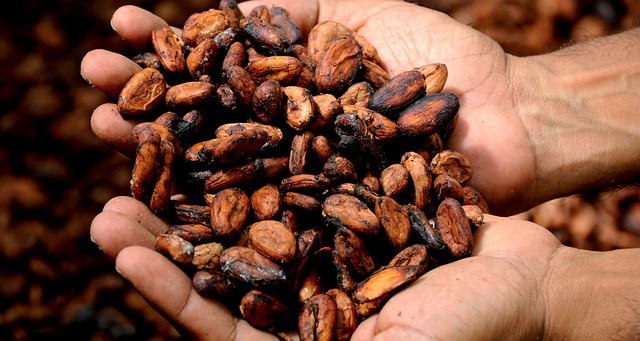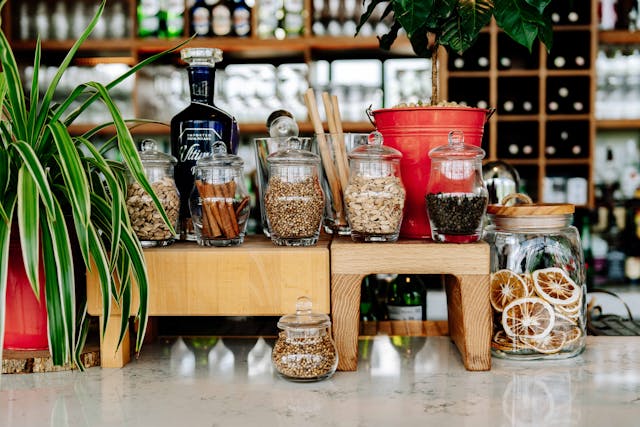
What is Cocoa?
Cocoa is a processed product made from cacao beans, the seeds of the Theobroma cacao tree. After harvesting, these beans are fermented, dried, roasted, and ground to produce cocoa nibs, which are further processed into cocoa powder or cocoa butter. Cocoa is primarily used as the base ingredient for chocolate and a variety of other culinary products.
What is Cocoa Used For?
Cocoa is a versatile ingredient with a wide range of uses, including:
- Chocolate Production: The primary use of cocoa is in making chocolate products, from bars to truffles.
- Beverages: Cocoa powder is often used in hot chocolate and other flavored drinks.
- Baking: It’s a key ingredient in cakes, cookies, brownies, and other baked goods.
- Cosmetics: Cocoa butter, extracted from cocoa beans, is commonly used in skincare products for its moisturizing properties.
- Health Supplements: Due to its antioxidants, cocoa is used in dietary supplements and health foods.
What is the Difference Between Cocoa and Cacao?
The terms “cocoa” and “cacao” are often used interchangeably, but they represent different stages of processing:
- Cacao: Refers to the raw, unprocessed state of cacao beans. Cacao products, such as cacao powder or cacao nibs, are minimally processed and retain more nutrients and antioxidants.
- Cocoa: Refers to the processed version of cacao. The beans are roasted at high temperatures, which reduces their nutrient content but enhances the flavor. Cocoa powder and cocoa butter are examples of processed products.
In short, cacao is the raw and healthier form, while cocoa is the roasted and more commonly used form.
What is Cacao Good For?
Cacao offers numerous health benefits due to its rich nutrient profile:
- Rich in Antioxidants: Cacao contains flavonoids, which combat oxidative stress and support heart health.
- Mood Enhancement: It stimulates the production of endorphins and serotonin, promoting feelings of happiness.
- Heart Health: The flavonoids in cacao help lower blood pressure and improve circulation.
- Brain Function: Cacao may boost cognitive function by increasing blood flow to the brain.
- Mineral Content: It’s a good source of magnesium, iron, and potassium, essential for various bodily functions.
Is Cacao Just Dark Chocolate?
No, cacao is not the same as dark chocolate, although they are related. Cacao refers to the raw or minimally processed form of cacao beans, whereas dark chocolate is a product made from processed cocoa, often with added sugar and other ingredients. Dark chocolate with a high cacao percentage (70% or more) retains more of the health benefits associated with cacao.
Is Cacao a Coffee or Chocolate?
Cacao is neither coffee nor chocolate but is often confused with both. It is the primary ingredient in chocolate, but it is not coffee. Cacao beans come from the Theobroma cacao tree, while coffee beans come from the Coffea plant. Both cacao and coffee are used to make beverages, but their flavors, uses, and nutritional profiles are distinct.
Conclusion
Cocoa and cacao are integral to culinary, health, and cosmetic industries, offering distinct flavors, textures, and benefits. While cacao is the raw, nutrient-dense form, cocoa is the processed version used in everyday chocolate products. Understanding the differences between cacao and cocoa helps consumers make informed choices about their use in diets and recipes. Whether you’re indulging in chocolate or using cacao for health benefits, these products showcase the remarkable versatility of the cacao bean.

